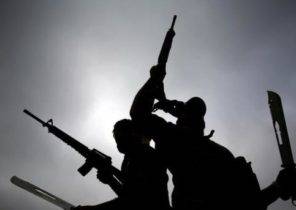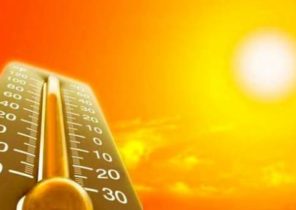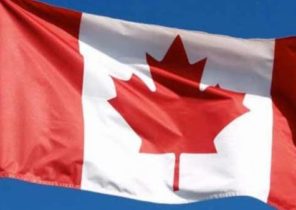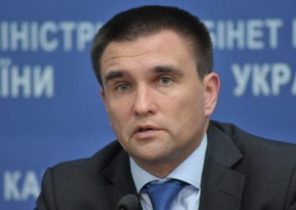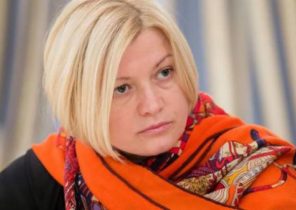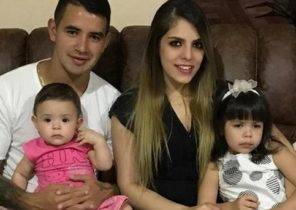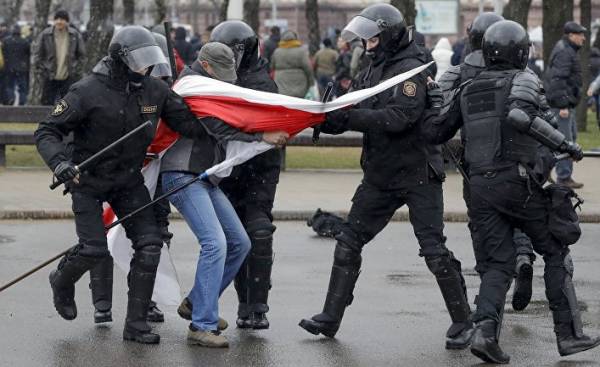
Sunday after the last nationwide anti-corruption protests across the country took to the streets thousands of people demanding the resignation of Prime Minister Dmitry Medvedev, were arrested hundreds of Russians, including Alexei Navalny, the main political opponent of President Vladimir Putin.
These demonstrations, which are considered to be the most powerful expression of protest against the Kremlin in 2011-2012, happen a year before the alleged participation of Navalny in the elections in Russia in 2018 as a competitor to Putin. CNBC reporters tried to figure out what this means for the future of the country.
Who is Alexei Navalny?
The leader of the Russian opposition “Party of progress” Navalny is one of the harshest critics of President Putin, for their protest activities against government corruption, he was repeatedly arrested and served a short prison sentences.
He is currently trying to seek the resignation of ex-President Medvedev in connection with allegations that during his stay in power appeared mansions, yachts, and vineyards.
Although in some cities, Pro-Western opposition party, the Bulk is quite popular, it is quite difficult to achieve the same level of support enjoyed by Putin. However, on Sunday her desire to direct public anger against government corruption have received greater support — including more provincial Siberian cities, such as Chita and Barnaul.
What happened during the protests?
Anti-establishment appeals Navalny provoked a Sunday 99 rallies across the country, however, almost all of them (except the 17th), the authorities declared illegal, with the result that there have been hundreds of arrests.
Navalny was among those arrested and put in a police bus during the procession of protesters in Pushkin square district of Moscow. 17 assistants and associates Navalny was also detained in his office, reports the Associated Press.
Sunday’s arrests, during which they were arrested according to various estimates, from 500 to over a thousand people, caused the condemnation by the leadership of international organizations and foreign countries, including the EU and the US, which called for the release of detainees.
“We urge the Russian authorities to fully respect international obligations, including to the Council of Europe and the OSCE, to protect human rights and the immediate release of detained peaceful demonstrators,” — said in the appeal made by the EU on Monday.
However, Russia has rejected these calls made on Monday, calling the demonstrations illegal and accusing the organizers that they pay teenagers for their participation in the protests.
Press Secretary of the Kremlin Dmitry Peskov, speaking to reporters at a press conference, called the protest a “provocation” and said that the authorities concerned that in the course of opposition activities there will be attempts to incite further illegal activity.
What awaits Bulk after the trial?
On Monday, Navalny appeared in court where he was charged with organizing an unsanctioned protest.
According to Reuters, he was found guilty and sentenced to 15 days in jail and a fine of 20 thousand rubles.
Navalny is already serving a five-year suspended sentence. On Monday, the court casts even more doubt on his chances to participate next year in the elections as an opponent of Putin.
Monday morning before the court session, Navalny posted a selfie from the courtroom, wrote in his microblog: “the time will Come when we will judge them (only fair)”.
What does this mean for the Kremlin?
The outcome of the trial of Navalny can give some idea of what its position was at present the Kremlin against this wave of discontent.
According to senior analyst at Bluebay Asset Management’s emerging market economy Tim ash (Tim Ash), Putin’s government has reacted to political demonstrations and allegations of corruption, and cases brought recently against Russian officials, indicate that the authorities seek to respond to criticism.
“It is likely that we will see how Medvedev will leave from a political scene in the near future — and maybe long before the presidential elections in March 2018, predicts the ash.
“I wonder whether Putin is a reformer like Kudrin or, perhaps, Nabiullina to give the regime a new impetus — perhaps, thus making a step towards the new allies of Russia abroad, for example, from among the representatives of the White house (Donald) trump.”
It can also lead to further economic concessions, as the current government is trying somehow to make amends, to compensate for clearly unreasonable expenditure of public funds, said the Advisor to the company Teneo Intelligence in the countries of Central and Eastern Europe, Andrius Tursa (Andrius Tursa).
However, it is equally likely that you will attempt to revive nationalist sentiments at the expense of “foreign adventures”, as it was with the annexation of Crimea after the latest wave of mass protests, says ash.
“Putin can go in any direction, or may try to do both,” says ash.

